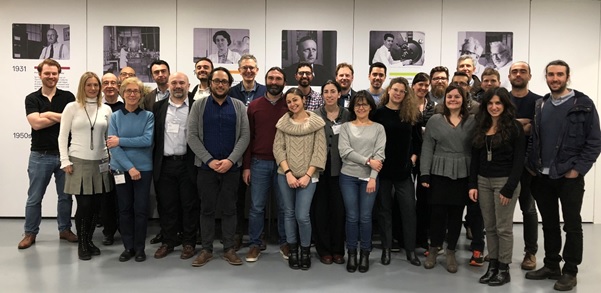Single Cell Cancer Evolution in the Clinic

Pete Wheatstone is a member of our Patient-Public Group. As well as being involved in BCI UK, Pete works with cancer researchers at Universities, medical research charities, Health Data Research UK and the NIHR Royal Marsden/ICR Biomedical Research Centre as a patient representative. Here, Pete talks about the work he is doing for another Cancer Research UK funded project.
“Two concerns that patients often experience after receiving a cancer diagnosis is whether or not their treatment will be successful and what will happen if their cancer returns at a later date.
In 2018, scientists and clinicians from The Institute of Cancer Research and The Royal Marsden Hospital published the results of a study they had conducted which showed that they were able to grow tumours in a dish in their laboratory from small samples taken from patients with metastatic bowel cancer. Their study showed that the results obtained were consistent with the characteristics of the tumours growing inside the patient’s body. Most importantly, the tumours grown in a dish reacted in a similar way to anti-cancer drugs used in the same patients.
Last year, I was involved in a successful research funding application for a new multi-million pound research project led by a group of cancer researchers from the UK and Italy which hopes to develop technology that would enable the testing of how individual cells from a laboratory grown tumour cell react to different drugs. The idea behind the research is that in using this approach, clinicians would be able to decide which treatment is likely to be the most successful for each individual patient before the treatment is actually administered. It is also hoped that this technology would be able to deliver the results in a similar time to that now taken to decide a current treatment pathway.
By continuing to grow other small samples from the same tumour cell, the project also hopes to be able to predict how that tumour will evolve and therefore how to successfully treat the patient if the cancer were to return in the future.
I am very excited to be representing the patient’s viewpoint throughout this five year project."
